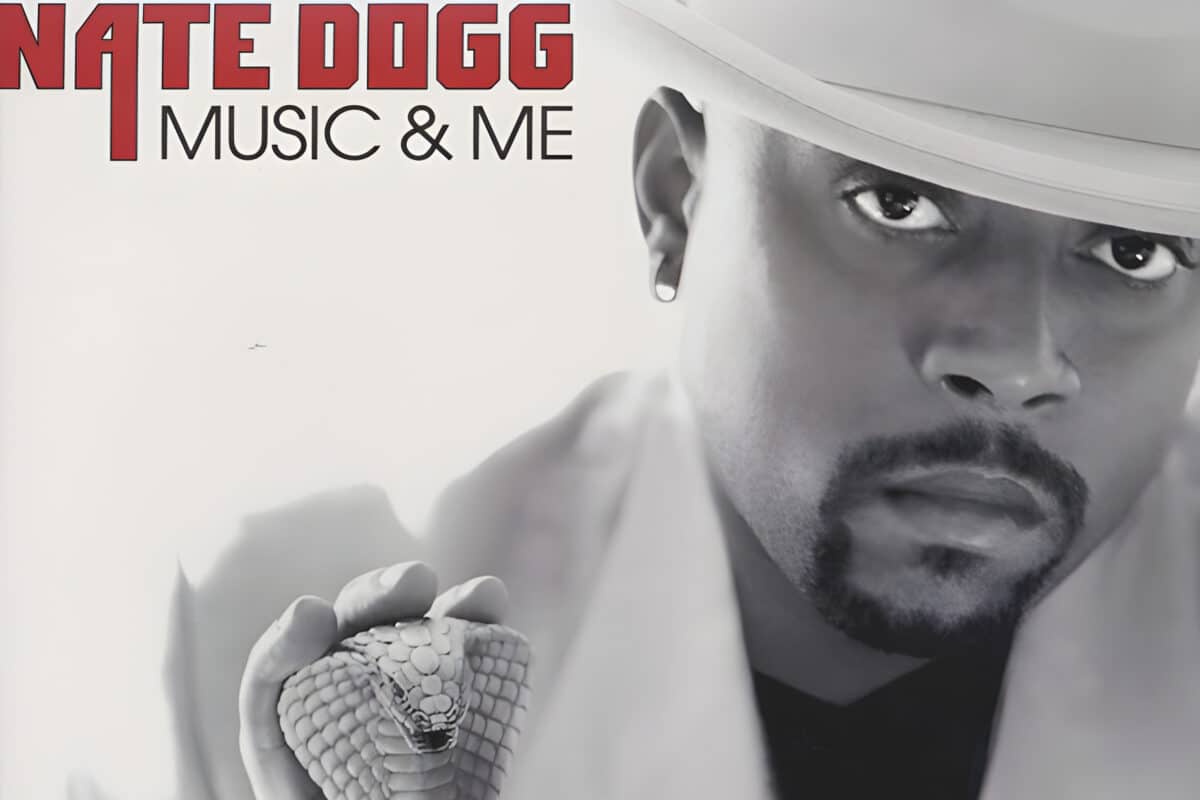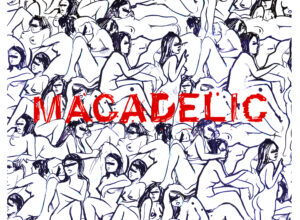Released: 2001 • Features: Dr. Dre
“Your Wife” by Nate Dogg featuring Dr. Dre is a raw and unapologetic example of the gangsta rap subgenre prevalent in the late ’90s and early 2000s. Ruthlessly exploring themes of infidelity, sexual exploits, and power dynamics, the track showcases the artists’ audacious and unabashed lyrical prowess.
Starting with repetitive lines, “Your wife, my bitch/ your love, my trick,” Nate sets a tone, unambiguously stating he’s having an affair with someone’s wife. His directness exemplifies the braggadocio often found in hip-hop, where artists assert dominance through their lyrics. Here’s a quick breakdown: “bitch” and “trick” in hip-hop parlance usually refer to a female, often in a derogatory context. The latter term can also imply a woman being manipulated or used.
A line that stands out is “All night long I had her on her back in my Cadillac, bro.” Nate’s storytelling brings cinematic qualities to the lyrics. It’s not just about infidelity; it’s about flaishing power and status – the Cadillac being synonymous with success in the American automotive vernacular.
As the narrative progresses, Dre enters the scene: “Ring or no ring, a hoe gonna be a hoe.” He supports Nate’s perspective, suggesting marriage does not alter a person’s true nature. The phrase “honey comb (honey comb hide out)” is a slick piece of gangsta rap slang referring to a safe house or secret meeting spot.
The repeated lyrics in the final verses serve as a cocky sign-off, Nate affirming his actions and showing zero remorse. He uses phrases like “Straight pimp, no shit” and “It’s true, don’t trip.” “Pimp” here refers to the traditional sense of a man controlling a woman for his benefit, while “don’t trip” is a common colloquialism in the hip-hop world meaning “don’t worry” or “don’t stress.”
It is important to maintain a critical eye when interpreting such lyrics. The language and actions described reflect a particular moment and cultural context in hip-hop history, which can be seen as degrading and disrespectful towards women. However, they also offer an unvarnished view into the artists’ reality and mindset at the time of creation, demonstrating hip-hop’s often provocative and boundary-pushing nature.






